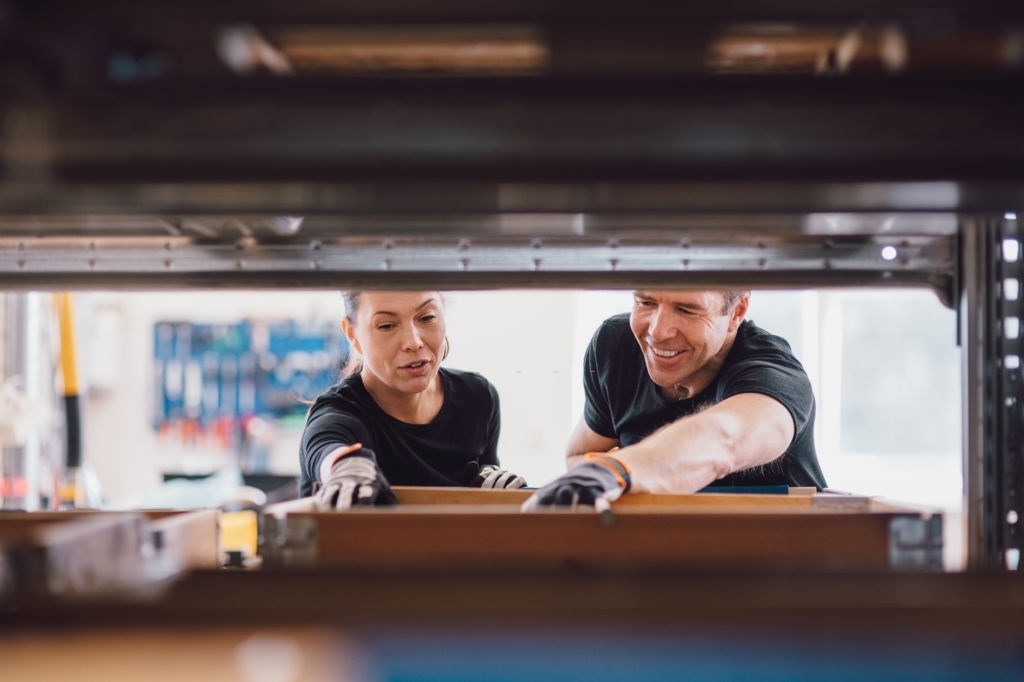Sustainable and Flexible Automation of Seasonal Production through Dynamic Resource Management (FLAP)

The mega trend of high mix and low volume production affects many industrial sectors (automotive, furniture, consumer goods, etc) by creating high volume variations.
From a sustainability point of view, the ability to produce different products, on demand, in the same system, improves the utilization of resources, energy, space, etc., while allowing companies to profitably engage in more dynamic marketplaces. Among the many sectors affected by this trend, the production of food and beverages is characterized by seasonal variability and products have important variations in form factor and presentation. Food and beverages is one of the most complex cases denoting extremely high volume variations. High volume production systems with fixed automation are deployed for catering for the throughput needs of certain products. However, the industry is seeing an important increase in custom orders. Custom orders require the depalletization and repalletization of the readily palletized products originating on the main production lines.
Due to variations in volume and nature of the custom orders it is not possible to incorporate them directly in the high-volume main lines. This would require an expensive rebuilding and potentially reduce their efficiency. Simultaneously, conventional automation with fenced immobile equipment is not cost effective, leads to very low utilization of resources, inadequate use of shopfloor space and lack of flexibility.
To provide a sustainable and cost-effective support to custom orders, the project will develop and demonstrate the technology for incorporating robots on demand, as a function of the customs orders. The key for cost effectiveness is in three important directions to be developed.
An hyperflexible robotic solution that can operate without fences, in harmony with human operators, and can be very easily displaced within the same site or between sites, using forklifts. An intelligent optimization and execution middleware that ensures the robot and surrounding environment operate in a plug and produce fashion. The concept of dynamic resource pools that will enable companies to share physical resources within sites and even in collaboration with other companies.
The first two components provide the technological support for instantaneous resource integration and the final component is an enabler of new business models encouraging the use of industrial equipment as a service, on demand and based on need.
The project positions itself in food and beverages sector where there is a pressing need for flexible automation. A set of cases has been identified that can only be addressed sustainably through more flexible and intelligent automation. Within this set the project has selected the depalletization and repalletization processes because they have the biggest economical and sustainability impacts. They include the highest variation in product manipulation requirements due to the many form factors and load tolerances considered. While addressing an immediate business need, they pave the way for reconsidering fundamentally the design of automation systems in a sector that is seeing a steady increase in the demand for custom products. The challenges highlighted in the food and beverages domain exist, in lesser complexity, in the industrial sectors mentioned before. The solutions developed in this project are expected to easily scale there.
Project leader
Luis Ribeiro, Linköpings universitet
[email protected]
+46 700850630
Participating organisations
→ Linköpings universitet
→ OpiFlex
→ Orkla
→ Spendrups
→ Löfbergs
→ Dagab
→ RISE
→ The Sweden Food Arena

